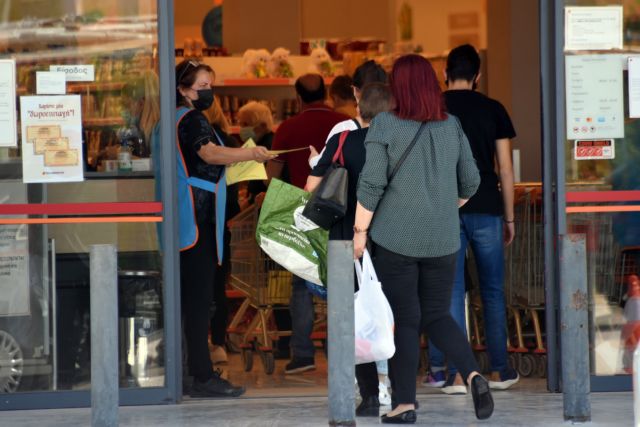
A new below the belt blow at the expense of Greek food and the Mediterranean diet has come from the powerful EU countries and large multinationals in the industry.
Olive oil, cheese, and honey, three flagship Greek products, as well as other traditional delicacies are targeted by an algorithm that simulates or even degrades them in terms of their nutrients and their scientifically proven contribution to promotion. health with foods that are less healthy.
This is the Nutri-Score food labeling system, which France applies on a voluntary basis in its market. This country, having concluded an informal alliance with Belgium, Germany, Luxembourg, the Netherlands, and Spain, seeks to establish this model as a single and mandatory model in the European Union.
These countries, as well as hosting food and beverage multinationals (Nestle, Danone, and Auchan), are following in the footsteps of the European Commission, launched in May 2020, to establish a single and mandatory European labeling system on the front of packaging of foods that will push consumers to healthier food choices and eating habits.
Consumers, according to the Commission’s reasoning, will choose foods with a lower content of saturated fat, salt, and sugar. The European Food Safety Authority (EFSA) is due to issue an opinion to the Commission by March 2022, which will be in public consultation with social, governmental and scientific bodies, with final decisions expected by the end of next year. 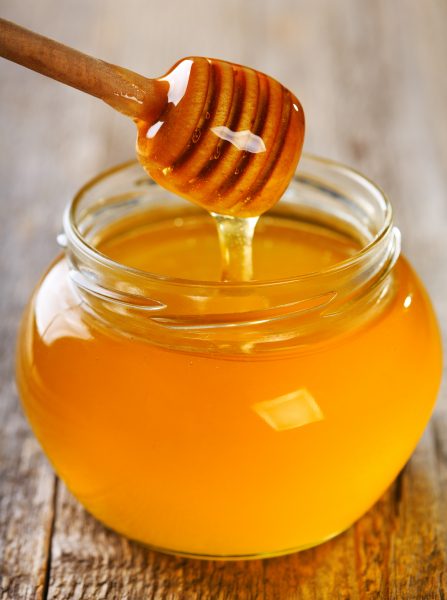
However, as mentioned above, the seven aforementioned powerful countries are pushing for the adoption of the Nutri-Score as a mandatory labeling system. The aforementioned multinational companies apply it to these markets.
“The problem with this system is that it classifies e.g. olive oil with ketchup and cola light in the same category,” explains to NEA newspaper food chemist and associate professor at the Department of Dietetics – Nutrition of Harokopio University Tzortzis Boskou. “It takes into account the nutritional value per 100 grams and not per portion or percentage of daily needs. It does not take into account that certain foods are used as ingredients in the preparation of other foods. ”
Boscu also emphasizes that “it is important for the consumer to form a healthy eating habit through a label”. He also adds, “with the category of colors we lead to food racism; one person eats red food, another eats green”.
Greece through the Ministry of Rural Development and Food has opposed this model of the seven countries. It has formed alliances with Italy, Cyprus, the Czech Republic, Hungary, Latvia, and Romania. Has succeeded with an amendment in the European Parliament to exclude olive oil and PDO, PGI, and other products from the Nutri-Score score to the final decision of the Commission.
At the same time, the Athens Chamber of Small Manufacturing Industries (ACSMI) is mobilizing , while associations such as the Meat Processing Industries union, the Union of Standardized Olive Oil Producers (SEVITEL) and the Association of Exporters of Crete have already intervened publicly.
Speaking to NEA, the general secretary of ACSMI, Giannis Manos, talked about the effects on companies that produce Mediterranean food: “If these foods are classified in the red category, there will be a risk to the viability of companies and agricultural production, consumers will be misled about the nutritional value of food.”
Latest News

Lavrio Port Authority Next Up for Privatization
A deadline for the submission of expressions of interest is May 14, 2024

Eurostat: Greece Records Largest Drop in Natural Gas Prices in 2nd Half of 2023
The price of electricity and natural gas in Europe was down following a substantial surge that began before the Russian invasion of Ukraine and peaked in 2022

GEK TERNA Still Considers Leveraging Concessions Portfolio as Financial Tool
President and CEO of Gek Terna George Peristeris explained the company's plans on Tuesday on the sidelines of the inauguration of sections of Greece's E65 highway

NielsenIQ: 3% Supermarket Revenue Increase in Q1
Private label products are gaining traction, comprising 25.4% of shopping basket shares, up from 24.7%

Store Hours Change Today in Observation of Orthodox Easter
The President of the Athens Chamber of Commerce hopes the Easter period will provide a much-needed boost to retail traffic in the capital

Athens-area Mass Transit Systems Set to Finally Install Contact-less Fare Payment
Paying fares via bank cards, smartphones and smartwatches in all mass transit systems in the Greek capital, namely, buses, trolleys, the metro and tram lines, is scheduled by the end of the year

Council of State Rejects Motion Against Thessaloniki Motorway Project
The motion was filed earlier this month by three local citizens’ and environmental groups and generated a high court decision for a temporary stay in construction

Greek 30Y Bond Issue Oversubscribed by 11 Times
Very high demand pushed down the coupon's interest rate to 4.125%

Athens Int’l Airport Wins Top Prize at Routes Europe Awards
The Routes business is focused entirely on aviation route development and the company's portfolio includes events, media and online businesses

IOBE: Income Gap Between Poor and Wealthy Greeks Widens
The findings in the analysis, entitled “Progressivity in Income Taxation in Greece, 2012-2021", paint a bleak picture for Greeks in the bottom half of the income bracket, warning that income inequality is growing




























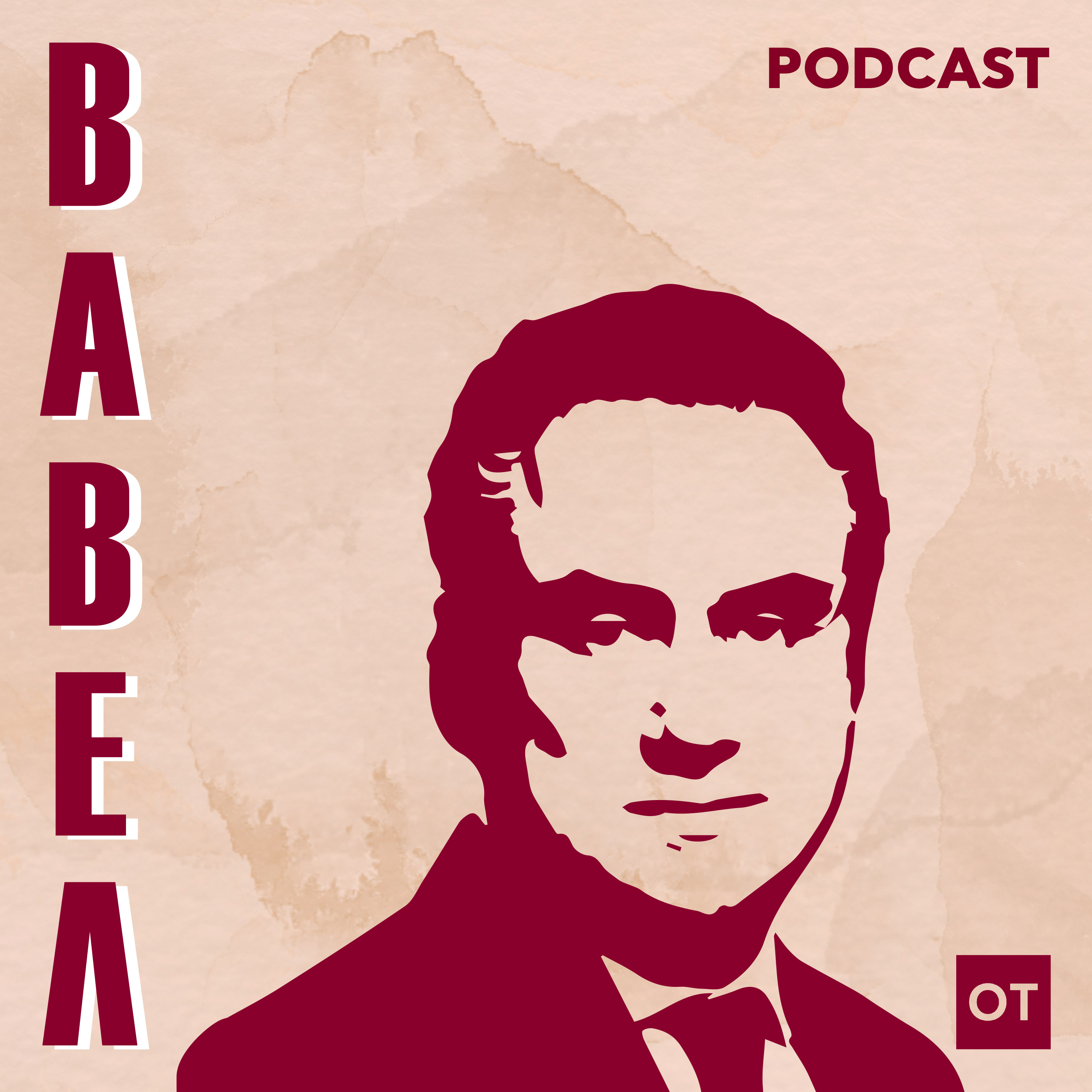




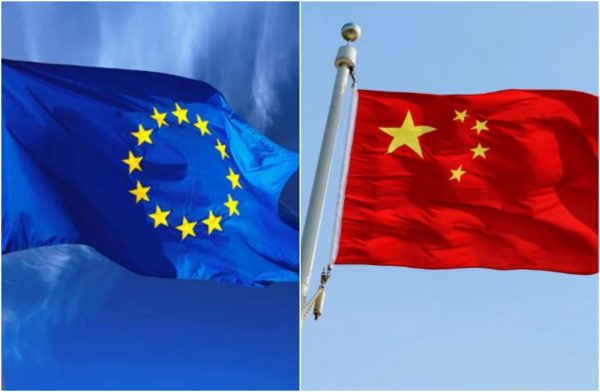







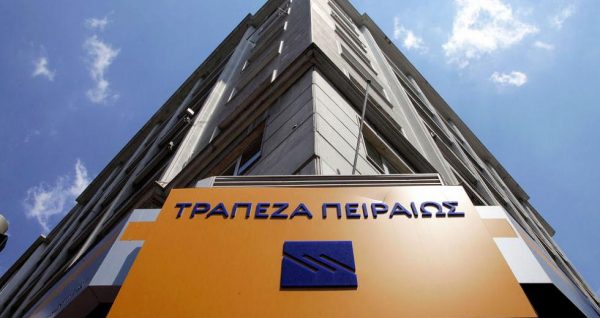

 Αριθμός Πιστοποίησης Μ.Η.Τ.232433
Αριθμός Πιστοποίησης Μ.Η.Τ.232433